Rehabilitation and Detox Programs
Medically-Assisted Detox in New Mexico
Get Support from Medical Professionals

Complete Detox Safely

Build the Skills for Long-Term Sobriety
Are You Looking For A Drug Detox Treatment Center?
Detox isn’t easy. It can be painful to go through or to watch a loved one experience. But there is a better way.
What if you or your loved one could:
- Receive medication to help manage detox symptoms
- Be surrounded by medical professionals during detox and withdrawal to ensure safety
- Get treatment for the root cause of addiction and its symptoms
- Learn skills to assist with long-term sobriety
At Shadow Mountain Recovery, we provide professional and compassionate care to help clients detox safely and with minimal discomfort.
Don’t let the fear of detox stop your recovery.

What is Detox?
Detox is when you rid your body of toxic or unhealthy substances. The process of eliminating toxins from the body isn’t easy. Depending on the amount of substances used and for how long, detox can take days, weeks, or even a month.
Just like the time it takes to clean out your system, detox symptoms vary widely. Symptoms may include:
- Headaches and body aches
- Insomnia and fatigue
- Nausea and vomiting
- Chills and fever
- Flu-like symptoms
- Tremors
- Muscle aches
- Irritability
- Mood swings
- Anxiety
- Depression
- Confusion
- Difficulty focusing
- Cravings
Some symptoms are more serious and can even be life-threatening. Severe detox symptoms include:
- Hallucinations
- Suicidal ideation
- Elevated heart rate and blood pressure
A combination of treatments can ease the detox process. These treatments may include medication and therapy.

Quitting Alone Can Be Brutal and Dangerous
Trying to quit substance use alone isn’t a good idea. Going “cold turkey” can be extremely dangerous in some situations. In the case of substances such as benzos or alcohol, you need a tapering-off protocol. Tapering off protects you from potentially deadly symptoms. Quitting some substances cold turkey can cause serious psychological symptoms like severe cravings.
Medically-assisted detox helps stabilize your brain chemistry as it finds its natural balance. While medically-assisted detox doesn’t eliminate withdrawal symptoms, it makes managing them easier. Most importantly, it keeps you or your loved one safe while their brain and body adapt to living without substances.
Our detox team keeps you safe during withdrawal.
Testimonials
Who Should Use Detox Services?
Detox alone is difficult and potentially unsafe. It can result in death. Shadow Mountain Recovery is here to keep you safe during detox. We recommend detoxing at a hospital or treatment center if you seek treatment for any of the substances below.
When it comes to removing toxins from your body, you really can’t be too careful. If you or a loved one is ready to detox, you don’t have to go it alone. Detoxing with the help of a team of medical professionals is best.
You don’t have to detox alone or be afraid.
Why Choose a Medical Detox?
Medical detox or medication-assisted treatment (MAT) combines therapy with medications that help alleviate withdrawal symptoms. The treatment allows people to focus on underlying mental health issues with a specialist while their body detoxes safely.
Medication-assisted treatment can help:
- Ease withdrawal symptoms
- Detox your body from harmful substances
- Fully participate in recovery, which lessens the chances of relapse
- Reduce cravings
- Ease discomfort as your brain adjusts to being substance-free
With medical professionals’ oversight, medication-assisted treatment allows you to experience detox and withdrawal safely. While your body does the work of detox, you can begin treatment for the mental health aspects of addiction and any other concerns you have.
Shadow Mountain Recovery makes treatment possible.

What to Expect from Medically Supervised Detoxification at Shadow Mountain Recovery
After admission into a Shadow Mountain Recovery Center, you’ll begin medically-assisted detox if necessary. This detox provides medical and psychological care during the withdrawal process. A medical team monitors your well-being and physical symptoms while giving you medications as needed to manage components of withdrawal like insomnia, nausea, and headaches. This treatment aims to keep you or your loved one as comfortable as possible while they detox.
Treatments may include:
- Standardized health assessments
- 24/7 support and supervision from qualified medical staff
- An individualized treatment plan
- Medications to manage symptoms
- Nutritional therapy
- Mindfulness therapies
- Participation in a support group
- Individual therapy
Learn more about the detox process.
Start Detox and Rehabilitation
Detox helps you or a loved one safely rid the body of substances and begin recovery. If you’re ready to commit to recovery and healing, Shadow Mountain Recovery is here to help. We never want finances to get in the way of getting the treatment you deserve, so we accept most major insurances. Our admissions specialists are ready to help you start treatment.
Don’t wait another day to get help.


